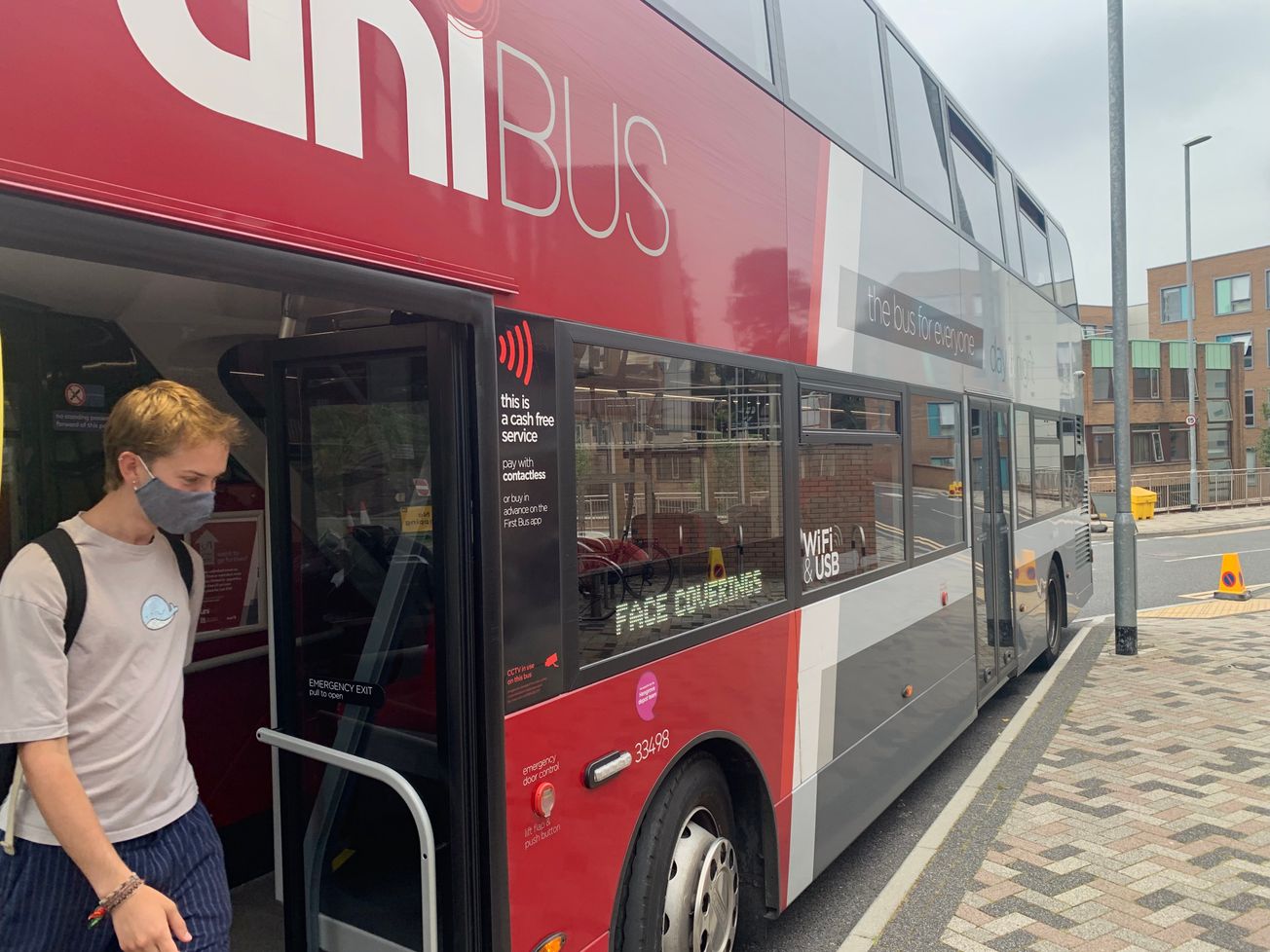by Delhi Kalwan, SciTech Deputy Editor
A study conducted in the University of Bristol’s School of Psychology, highlights 10 key factors for effectively managing the current pandemic.
Published in Nature Human Behaviour, the paper outlines how leaders could improve their response to COVID-19 with expert advice from psychologists. Their tips primarily focus on mitigating the negative effects associated with lockdown on the general public.
The paper, which was produced after a three day consultation with leading researchers in the field, was prompted by recent World Health Organization (WHO) guidance which stated, ‘communities should have a voice, be informed and engaged and participate in this transition phase’.
Their key advice was to implement ‘a phased approach to the new normal’
Ensuring that restrictions are eased in steps can prevent people from flouting the rules too early on, and triggering a second wave. They likened the desire to socialise after isolation to ‘standing in front of a rich buffet after a diet’. To prevent this from causing issues down the line, they stressed that governments will need to employ a careful strategy.
Intriguingly, when evaluating potential strategies, the psychologists turned to research on prisoners returning to society; treatment of eating disorders; and how habits are acquired to predict whether - for example - a phased-approach will be effective.

Using psychology to gauge emotional responses of a population to a crisis is crucial in a situation such as COVID-19, where compliance to new regulations can save lives- and reduce economic damage in the long term.
To psychologists, understanding how certain groups of people may behave is key to assessing how they may react to new restrictions and whether they will comply to the rules
Many governments have enforced temporary restrictions that reduce people’s freedom of movement and assembly. The researchers argued that leaders will need to ‘balance individual rights with social good’ to maintain adherence to protection measures; actions seen as unjustified by the public tend to backfire and lose support, which could drastically alter the outcome of the pandemic in that area.
They also suggested the need for ‘increasing resilience of the general population’. But what does that mean? The resilience of the population refers to their ability to recover after stressful situations. This is important to leaders because it can determine the repercussions and, once again, the long-term effects of the pandemic. The psychologists recommended a host of considerations for governments when addressing the situation including ‘focussing on positive gains’ and ‘drawing attention to progress’.
Many leaders have already utilised a tactic - known as ‘hedonic framing’- which involves confronting the small losses, but emphasising that these are surpassed by the ‘larger collective or individual gains’, for instance, being able to see family and friends again. The psychologists believe that this way of approaching the situation can ‘increase public acceptance of ongoing restrictions.’
Were teenagers less anxious during lockdown?
Leaving lockdown: anxiety and the new stay-home syndrome
The researchers also highlighted that leaders should anticipate misinformation, and deal with it swiftly. With the rise of ‘fake news’ many people are beginning to lose trust in government advice - a prime example being the anti-vaccination movement.
Misinformation has, unsurprisingly, threatened to undermine COVID-19 protection measures as well. The study’s concluding advice, aimed at governments and officials, strongly advises remaining alert and acting quickly to debunk any myths that gain traction to prevent further catastrophe.
Featured Image: Filiz Gurer
How do you think our leaders should be managing the COVID-19 transition?








